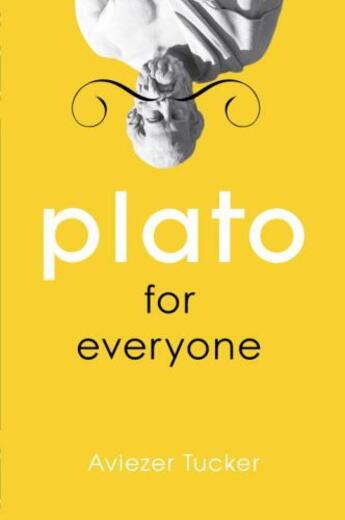-
Nombre de pages : (-)
-
Collection :
(-)
-
Genre :
(-)
-
Thème :
Non attribué
-
Prix littéraire(s) :
(-)
Résumé:
How do we decide what is good and bad? What is virtue? What constitutes a meaningful life? These are some of the intractable, still-relevant questions that the ancient Greek philosopher Plato grappled with 2,500 years ago. Unfortunately, Plato's dialogues, featuring his famous mentor Socrates,... Voir plus
How do we decide what is good and bad? What is virtue? What constitutes a meaningful life? These are some of the intractable, still-relevant questions that the ancient Greek philosopher Plato grappled with 2,500 years ago. Unfortunately, Plato's dialogues, featuring his famous mentor Socrates, often prove difficult to understand for many contemporary readers. Students today miss the ancient cultural and historical references, and they have trouble following Plato's arguments as presented in dialogue format. This book remedies these problems by recasting five of Plato's dialogues into accessible and entertaining short stories in modern settings. The Euthyphro becomes a tale about a televangelist bent on disowning his son at a denominational boarding school in rural Virginia; the Crito - retitled "What do you have to do for your country?" - is focused on the question of whether a US citizen who considers a current war to be unjust should avoid a military draft by moving to Canada. In all of the stories (the Meno, the Statesman, and Phaedo are also included), the central character is Socrates, just as in the original dialogues, but here the maverick philosopher appears in twenty-first-century guise. The author, who has taught philosophy for many years, captures the tone, wit, and philosophical essence of Plato's dialogues in a modern English interpretation that is often amusing and fun to read. For instructors looking for an engaging way to interest undergraduates in Plato and for students who find the original works a bit daunting, this book offers an enlightening and enjoyable read.
Donner votre avis














